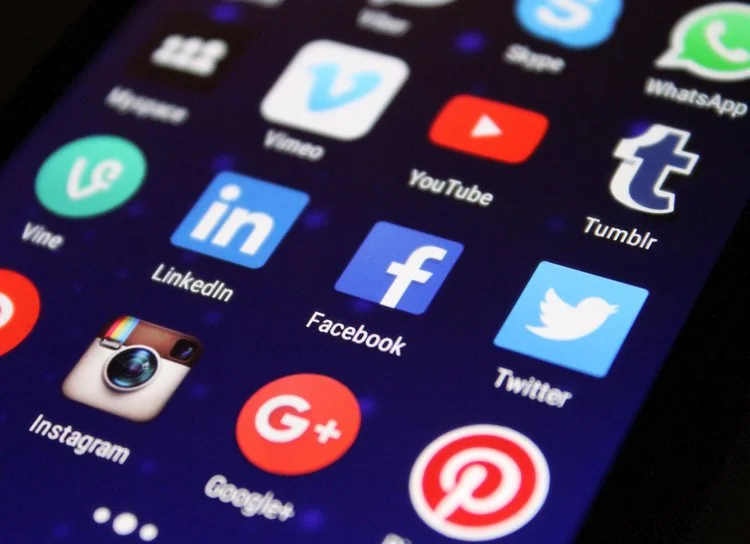How to create an effective brand for your hotel
When a quick online search can return endless options for hotels, creating a distinctive brand is an essential element of the marketing mix. A hotel’s brand is largely defined by a guest’s perception of the hotel, but a powerful and intentional brand can ensure your hotel attracts the right guests and increases its booking potential. We asked the experts to share their tips on how to create an effective brand for your hotel:
Make a promise with your hotel branding
In hotel marketing, branding revolves around a commitment that the hotel promises to an existing or potential customer. This promise is an expression of a hotel’s purpose – does the hotel exist to provide a convenient and temporary space or a luxurious escape?
According to Alex Booker, Creative Director at Bartle Bogle Hegarty, good branding is one element that distinguishes a hotel from its competitors.
“ Branding and authentic storytelling is the promise of the experience you’re offering. Done correctly, a brand allows customers to trust and expect a certain quality just from a name alone. ”
The result of effective hotel branding is the expectation that a current or future guest has of a particular experience or outcome. According to London-based creative director, Andrew Murabito, a hotel’s branding sets a visual expectation of what customers can expect.
“Clever hotel branding should be a seamless integration to the aesthetic of the hotel interior and experience on offer. The right design and branding should speak to prospective clients with a narrative that’s akin to their lifestyles and tap into their consumer desires,” says Andrew.
When you begin to view branding as a hotel’s promise to the customer, it also helps define everything from the way staff should interact with a customer, to the messaging of a social media campaign.
“Think of branding as the overall experience you’re selling, not just your visual identity and advertising. The way your business interacts with customers, handles a negative experience, and celebrates a positive one will get people to talk about and recommend your brand to others”
Try this: To refine your hotel’s brand, begin by writing down and completing the following sentence: <NAME OF HOTEL> promises <TYPE OF CUSTOMERS> a <ADJECTIVE> experience.
Hotel branding showcases a point of difference
Branding for a hotel should be less concerned with making things look great and more concerned with creating an exceptional experience that a target audience will enjoy.
Leverage and emphasise the unique qualities of your hotel but avoid exaggeration as it can easily appear inauthentic. Rather than embellishing the facts, reinforce a unique asset that is most relevant to the hotel’s target audience.
Assuming you have a clear indication of your target audience, consider your brand as a visual identifier that helps guests choose your hotel over another.
For example, a hotel might host the best rooftop bar in the city or offer the most authentic cultural experience blended with Western comforts.
Al Crawford, an experienced strategist across Australia and the UK, emphasises the importance of a brand’s distinctive positioning in a market.
"Having a clear brand helps you stand out in the marketplace. Find your point of difference and build on it year after year to stand out in the market and encourage repeat bookings. The brands with a distinctive positioning and those that stick to that positioning tend to be the ones that succeed – they’re not just different to other players, but they’ve taken the time to build and reinforce that difference over time,” he explained.
Take a moment to analyse the branding and marketing efforts of a competitor to identify your hotel’s point of difference. During a competitor analysis, think about the following questions:
What brand promises and messages does the competitor promote?
What platforms and tactics do they use? What works/ doesn’t work well?
How consistent is the brand voice of a competitor?
What do online reviews suggest about the competitor?
Hotel branding should be relatable
Humans all share an innate desire to belong and connect with a group. Often, hotels forget that customers are humans before they are paying guests.
The most successful hotels can demonstrate a relatable, human-centric branding approach that connects with guests on an emotional level.
Simon Gibson, a senior writer at advertising agency R/GA, says it is crucial for brands to think and act like a real person rather than treating accommodation like a functional service.
“Think about Airbnb. It wasn’t just revolutionary because of the business model, but it made people feel like they were getting personalised experiences. The places guests stayed had stories and charm and weird rugs,” explains Simon.
Developing a brand that is relatable begins with a brand story because ultimately, a hotel’s brand story will outlive any changes in staff or managerial changes.
Choose a core story that encapsulates a hotel’s purpose, the guest experience and how you want to speak to your guests. Once you develop a brand story, your hotel marketing strategies will express and reinforce elements of the story.
When Kuma Lodge, a boutique ski lodge in Japan, integrated a consistent branding strategy, it noticed a 200% increase in revenue and a 300% increase in audience engagement on social media, earning a top rating on Trip Advisor.
“Find your brand story and tone. If friendly staff are part of your core product, shouldn’t your social media posts, advertising copy and collateral be friendly too?”
Unlike marketing or social media strategies, which could change regularly, your brand story should remain be consistent and recognisable. This makes it easier to share a consistent story that builds brand loyalty, encourages return visits and increases profitability.
For further reading on how the right approach to your brand can help with effective hotel marketing, simply grab a copy of the No Vacancy Guide today.












